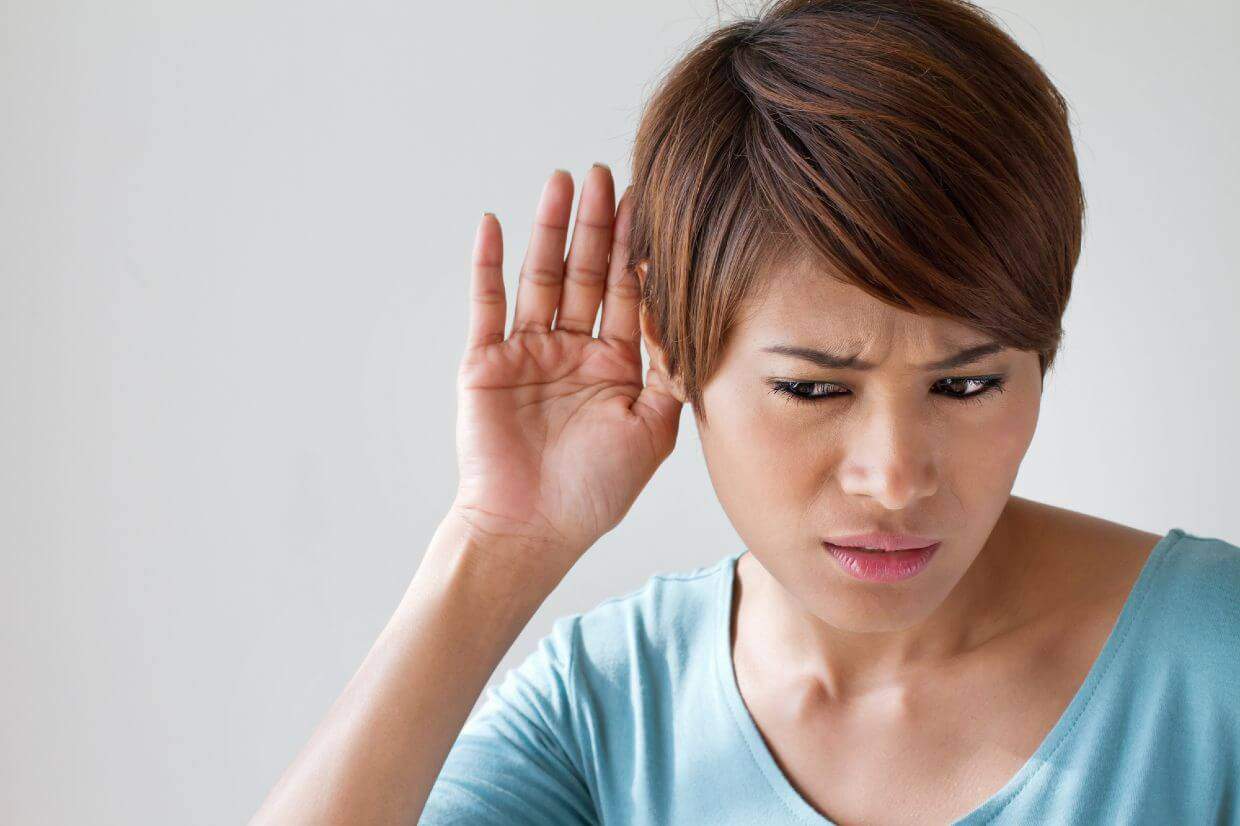Blog
Blog
Meniere’s disease and hearing loss: what you need to know

Meniere’s disease is an inner ear disorder that causes issues with balance and hearing. While it’s most common among those in their 40s and 50s, this chronic condition can be experienced by people of any age. Here’s an overview of Meniere’s disease and how it can affect your hearing.
Meniere’s disease symptoms
An episode of Meniere’s disease usually begins with a feeling of pressure in one ear, followed by the onset of hearing loss, tinnitus (ringing in the ears) and sudden dizziness or vertigo. This can last anywhere from 20 minutes to four hours. The frequency of these episodes depends on the person, but they’re often experienced in clusters over several days with long periods of remission.
Typically, the hearing loss experienced during an episode of Meniere’s disease affects low- and mid-frequency sounds. This means sounds such as men’s voices and the bass notes in music will be harder to hear. An increased sensitivity to high-pitched sounds is also fairly common. The severity of this hearing loss can fluctuate or increase over time, and it may affect either one or both ears.
Meniere’s disease causes
There isn’t a known exact cause for Meniere’s disease, but it’s believed to be associated with swelling and an increase in pressure in the inner ear. This can be triggered by a range of circumstances, including:
- A head injury or migraines
- An inner ear, middle ear or respiratory infection
- Allergies or an abnormal immune response
- Stress, anxiety or fatigue
- Smoking or consuming alcohol
Alternatively, this disorder may be genetic or a side effect of taking certain medications. Unfortunately, since hearing loss, tinnitus and vertigo can occur independently or be associated with various other conditions, Meniere’s disease can be difficult to diagnose.
Meniere’s disease treatments
There’s no known cure for Meniere’s disease, and most of its potential treatment options require more research. However, there are several lifestyle changes that can be made to help relieve symptoms and reduce the risk of inflammation in the inner ear. Among other things, someone with Meniere’s disease should consider:
- Adopting a low-sodium diet
- Giving up smoking
- Drinking less caffeine
- Managing their stress better
Additionally, wearing hearing aids can often be an effective way to improve hearing loss caused by Meniere’s disease. If the hearing loss is severe, cochlear implants may be recommended. There are also several ways to manage tinnitus.
Visit a hearing clinic in Alberta
If you experience sudden hearing loss or suspect you have Meniere’s disease, be sure to consult a medical professional right away. At Soundwave Hearing Care, our team of audiologists and hearing aid practitioners can assess your hearing, provide solutions for your hearing loss and tinnitus, and make a referral to a ear, nose and throat specialist if necessary. To book an appointment at our Calgary, Grande Prairie, High River or Lethbridge clinic, contact us today.
All the blogs are reviewed and edited by our clinic's lead audiologist, Dr. Anne Wooliams. Dr. Woolliams is an experienced audiologist specialized in pediatric audiology, auditory processing, and tinnitus/sound sensitivity therapy. She is dedicated to providing top-notch hearing care and helping her clients improve their language and communication abilities. Dr. Woolliams' expertise in literature and linguistics, combined with her passion for helping people improve their language and communication, make her an incredibly valuable asset in the field of audiology. Learn more about Dr. Woolliams.
